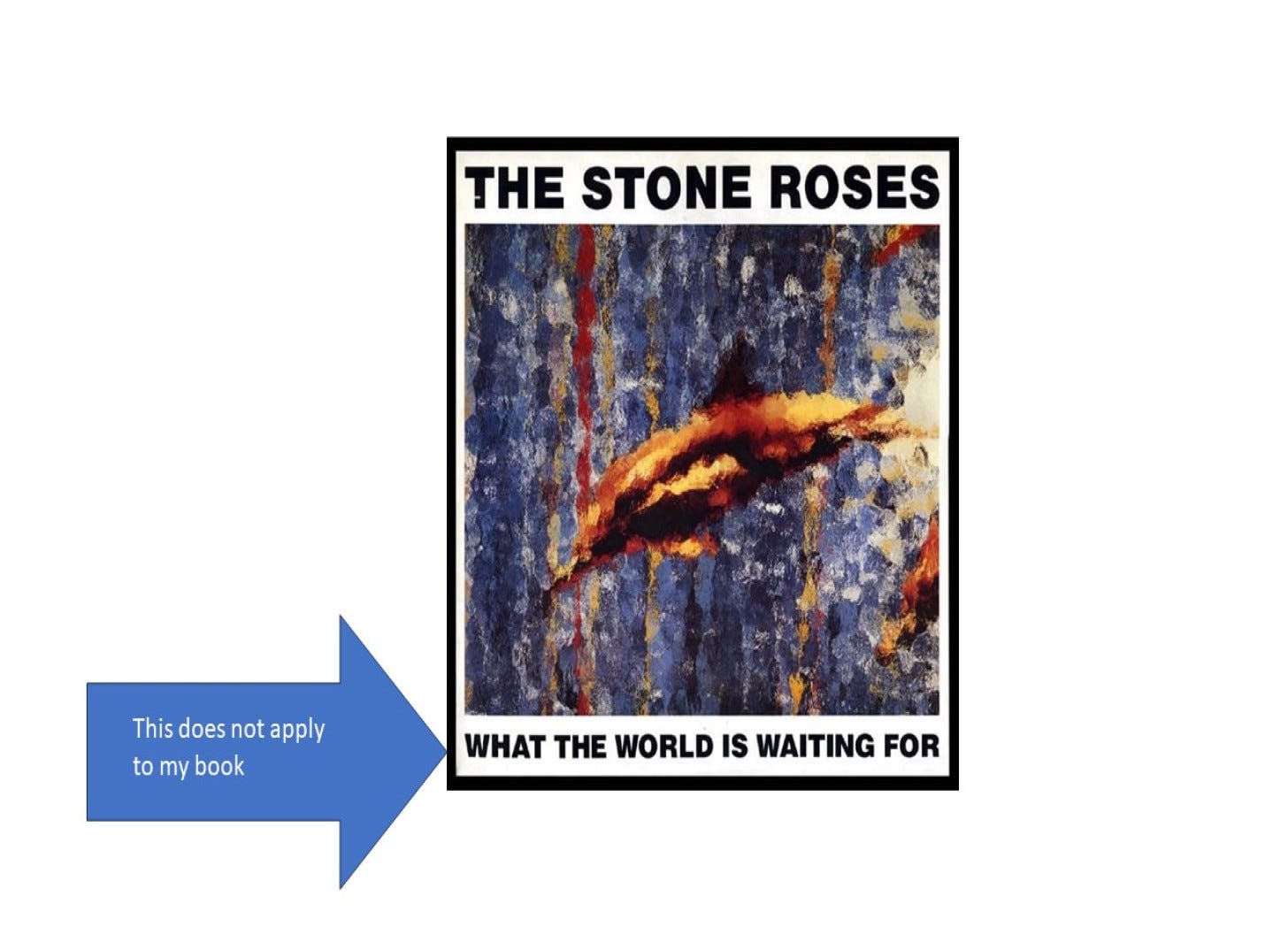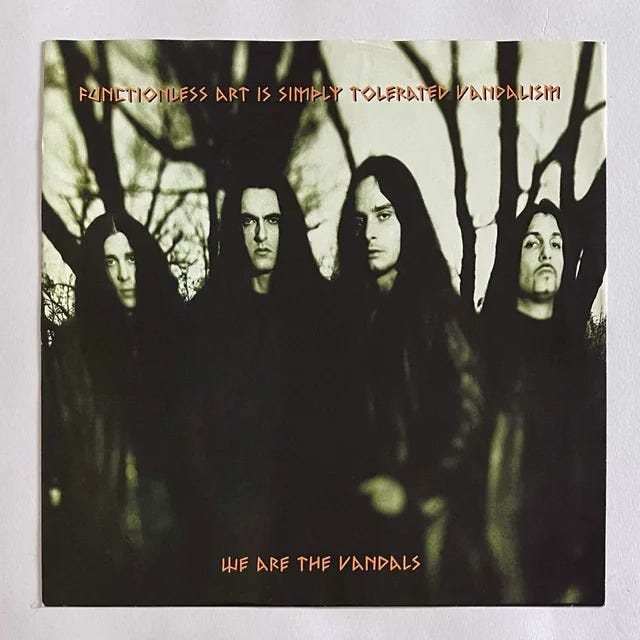So here I am again; my ninth book publication day (not counting edited books). Everyday Jews is now out in the world:
It feels good, as it always does; addictively good in fact. There may well be a tenth at some point.
If publication day didn't feel so good, I'd be in serious trouble. If you are the kind of author I am, the plain fact of publication has to be, at some level, 'enough'.
What do I mean 'the kind of author I am'? Perhaps I can describe myself as an author in the grey zone. My books don't vanish completely without trace. They receive some attention on publication, I publish articles and give talks about them; some selected individuals love them. But they never trouble the bestsellers lists. Broadsheet newspapers rarely review them in the Saturday or Sunday editions. I am not inundated with interview and speaking requests. Much of the time I have to hustle to get coverage. I am never notorious for the controversy I generate; I am rarely hated or adored.
Sometimes, my work does have a measurable, modest impact. My first book, on extreme metal, helped to lay the foundations for 'metal studies' as a scholarly discipline. My work on denial and antisemitism has sometimes been useful in refining the language in how these phenomenon are spoken about. The book I wrote on translating the warning messages in Kinder Surprise Eggs put a smile on many of the faces of those who read it. What does a Jew look like? drew attention to the problem with media stock photos of Jews and spread awareness of the issue in parts of the media and the Jewish community.
All the signs are that Everyday Jews will follow the path laid down by my previous books. I have a few speaking engagements coming up to publicise the book and a few articles and interviews in the pipeline. There are likely to be a few reviews over the next days, weeks or months. No broadsheet reviews are yet in sight though; nor have Start The Week or the Edinburgh Literature Festival been in touch. So far, feedback suggests that some readers find the book refreshing and surprising in its perspective. It's unlikely to be a book 'for everyone' though.
Yes, of course I would like more than this. But recently I've come to realise that, to my surprise, Everyday Jews actually offers me the tools I need to be more than content with whatever reaction my books receive. Part of the argument of the book is that the Jewish people do not need to have a purpose, a mission and a value in the world: We can exist for existence's sake; we do not have to prove our usefulness.
While I was writing Everyday Jews, I kept remembering the back cover of one of my favourite albums, Type O Negative's October Rust (released in 1996):
This witty provocation - asserting one's pointlessness to the point of belligerence - has always resonated with me. At a time when Jews are, as I argue in my book, overloaded with significance, Type O Negative's dictum may offer a cheeky way inspiration.
It has only been in the last week or two, though, that I thought of applying these wise words to myself.
What if my work had no purpose, function or value? And what if I was proud of that fact?
Everyday Jews is not the book the world was waiting for. It offers a highly idiosyncratic argument that doesn't really validate any of the camps in the constant public conflict over who Jews are and should be. It doesn't answer the questions people want answered but suggests they ask completely different ones. In tone, the book is a strange mixture of the deeply serious and the bizarrely humorous. No one asked me to write a book like this.
I might convince a modest number of people to look at Jews and their place in the world in a slightly different way. I might even reach a few people who will read it and sigh with relief that someone has said out loud what they always wanted someone to say. No more though. This book will not shake the world to its foundations.
In much of my scholarly training, I was taught that the idea of the 'transcendent' work of art that floats free of the world and its politics, is nonsense. Everything is political and everything is produced within this material human world. I still believe this yet I am also coming to suspect that the myth of the 'autonomous' artist may sometimes be a necessary myth. It is certainly preferable to the toil of attempting to be a 'significant' artist who shifts the world on its axis - something that only the tiniest handful of people can ever hope to achieve.
Knowing that I don't matter that much is both a goad - to make myself more significant by creating more successful work - and also a source of liberation. I will keep writing and publishing. Maybe one day I will publish a bestseller; maybe (or likely) I won't. Either way, there is an intrinsic value in my playing with words, just as there is in any other creative act. This is what it means to be alive.
So the thrill of publication day remains a drug I am addicted to. And now, by attempting to slough off the yoke of purpose, I may be able to revel in it even more.
None of this means that whoever reads this should slough off the yoke of feeling obliged to buy my book. To quote an old Viz front cover:







The relationship between success and significance is very obscure...
Look forward to reading - or, in this case, hearing - the (audio)book.
Great, thought-provoking piece, as always. I look forward to reading the book 📖 ...